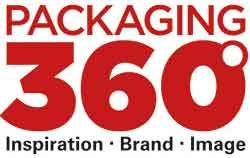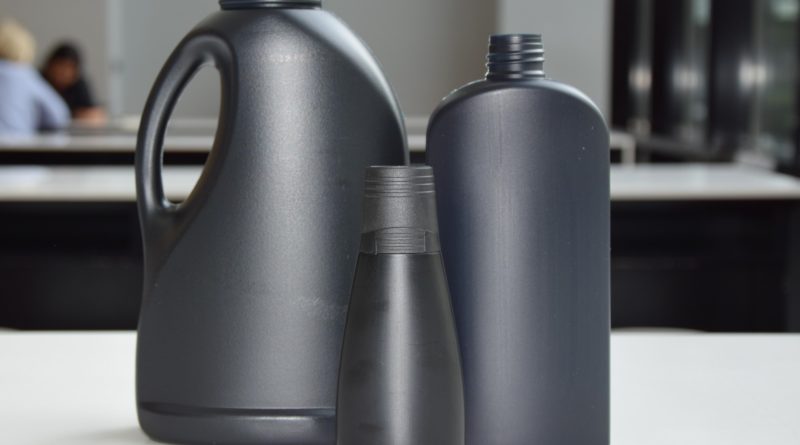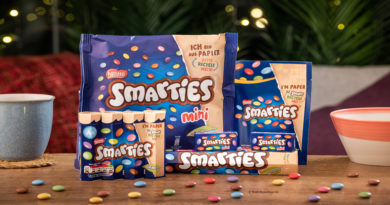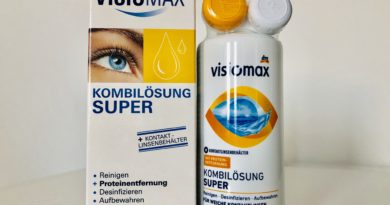WC cleaner all in black
In May, Bref was the first Henkel product to be launched in a black, fully recyclable plastic bottle. Unilever is also relying on 100 per cent recycled plastic for cleaning and care products.
As part of its packaging strategy which requires all Henkel packaging to be recyclable by 2025, the company is currently also using black recyclable plastic. The REC-NIR-BLACK masterbatch material was developed jointly with supplier Ampacet, a global masterbatch producer. The new packaging material uses an alternative black pigment so that it can be returned to the value chain after use. It will be introduced in May for black bottles of the Bref WC cleaner brand, and will be used in other products later this year.
“Black bottles are currently the focus when it comes to the recyclability of packaging. The new material will help make possible a sustainable cycle for plastic packaging,” says Vineet Varman, Head of International Packaging Development for Special Detergents at Henkel’s Laundry & Home Care division. Henkel’s packaging development teams are currently working on integrating the new material into other types of packaging, while at the same time meeting quality standards. The Group is already looking at the next step, the integration of recycled plastic into these packages.
“We’re glad we can contribute to the recyclability of packaging for Henkel’s well-known brands,” says Philippe Hugelé, Strategic Business Manager, Moulding at Ampacet. Ampacet’s REC-NIR-BLACK masterbatch was named „Product Technology Innovation of the Year“ at Plastics Recycling Awards Europe 2019 in April.
Unilever has packaging made from fully recycled plastic
The topic of sustainability is occupying the consumer goods giants worldwide. Procter & Gamble, Nestlé, Pepsico and Unilever, with a total of 25 companies, are starting this summer to sell some products in containers in glass, steel and other materials, that can be returned, cleaned and refilled. Starting in May 2019, Seventh Generation will be the first Unilever brand in Germany whose bottles are made of 100 per cent recycled plastic. Unilever uses plastic from so-called post-consumer recycling (PCR), i.e. the plastic waste generated by private consumers. Unilever has set itself the goal that by 2025 at least 25 per cent of packaging worldwide and across the entire product portfolio should consist of recycled plastic (PCR).
ADVERTISEMENT
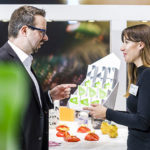 In the consumer industry, the requirements are diverse and expectations are high. FachPack is the place that brings together buyers and vendors on a level playing field. More information can be found here.
In the consumer industry, the requirements are diverse and expectations are high. FachPack is the place that brings together buyers and vendors on a level playing field. More information can be found here."As a manufacturer of consumer goods, we put a great deal of packaging into circulation every year. We accordingly see it as our responsibility to reduce the packaging waste generated by the use of our products. This includes consistent reduction and partly even elimination of packaging materials, but in the case of plastics also the recycling of plastic waste from household refuse collection," says Ulli Gritzuhn, head of Unilever Germany. "Plastic is an excellent packaging material if it is recycled. We are committed to this by using far more PCR plastic for product packaging in future".
